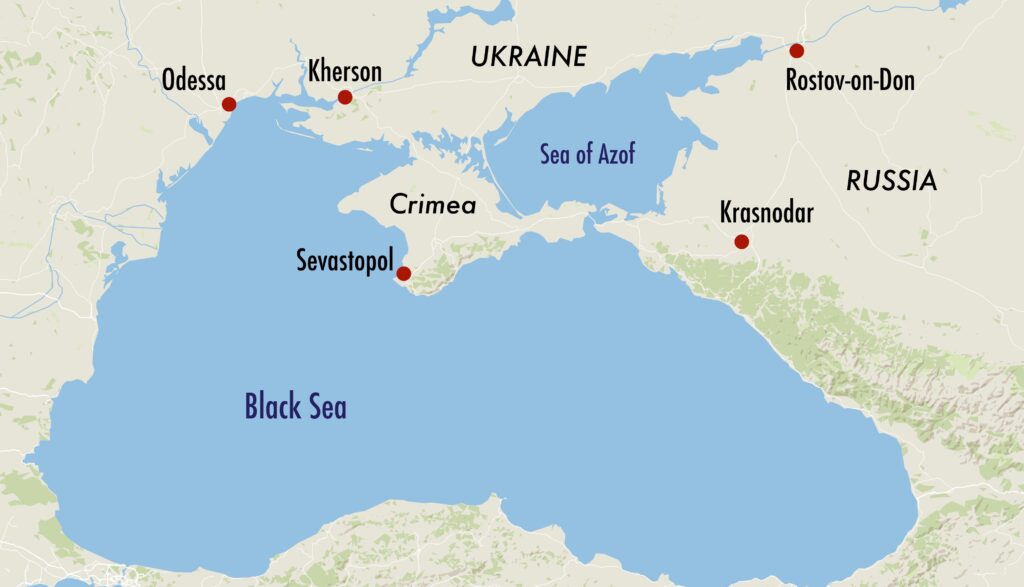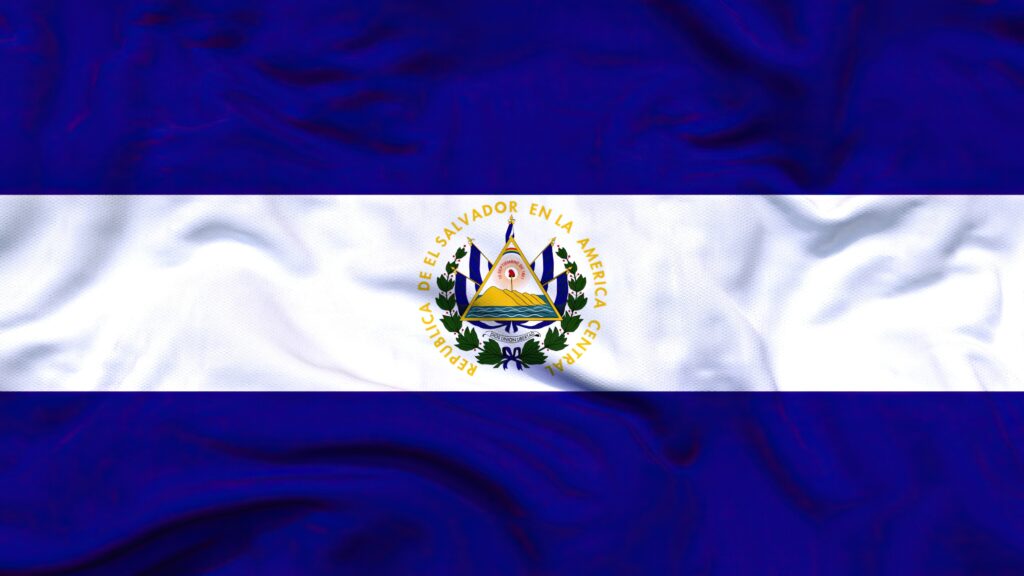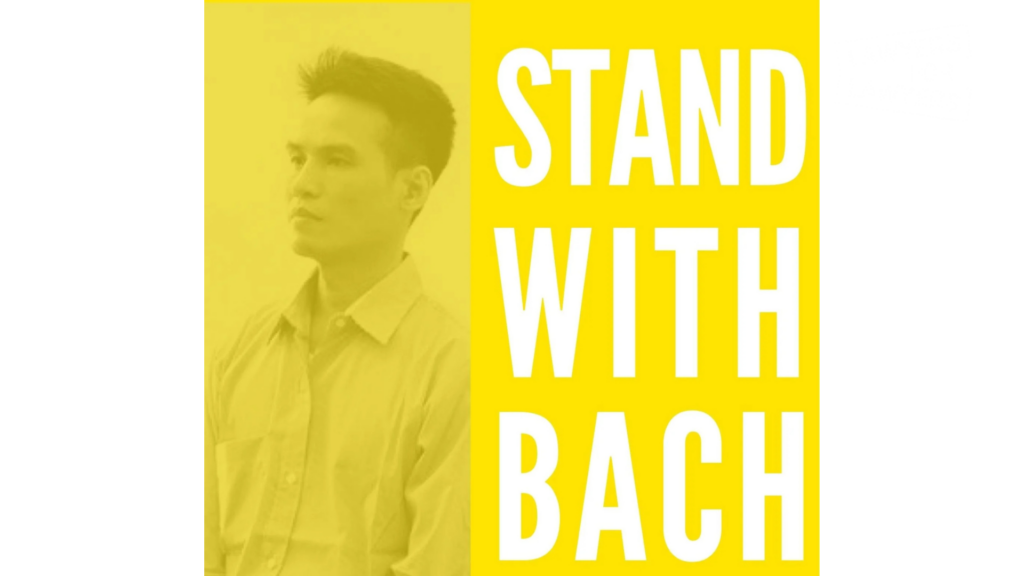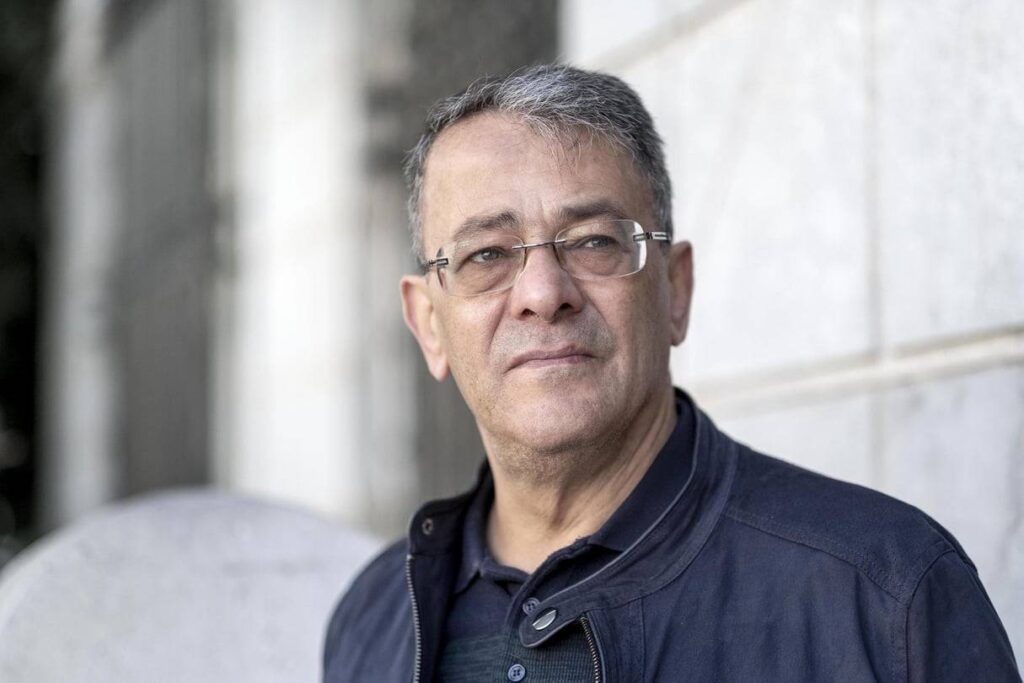Lawyers for Lawyers, the International Bar Association’s Human Rights Institute, the Law Society of England and Wales, the International Commission of Jurists, the International Observatory of Lawyers at Risk and the Council of Bars and Law Societies of Europe express deep concern over the ongoing judicial harassment of Pakistani human rights lawyers Imaan Zainab Mazari-Hazir and Hadi Ali Chattha. We have received credible information indicating that the recent indictment and criminal proceedings against the couple, marred by serious irregularities and the denial of due process guarantees, are intended to obstruct their legitimate legal work and retaliate against them for exercising their right to freedom of expression.
Imaan Zainab Mazari is a prominent human rights lawyer who has represented victims of enforced disappearances, extrajudicial killings, and custodial abuse, frequently challenging the legality of state practices carried out by the military, police, and intelligence agencies. Her husband, Hadi Ali Chattha, is a human rights lawyer and criminal law specialist who has defended individuals falsely accused of blasphemy and provided pro bono legal support through the Asma Jahangir Legal Aid Cell and Justice Project Pakistan in cases involving sexual violence, enforced disappearances, and death row prisoners. Both lawyers have faced targeted reprisals, including judicial harassment, for their human rights and legal work, and their outspoken advocacy for accountability and the rule of law.
The most recent criminal case against Mazari and Chattha stems from tweets posted between 2021–2025 that criticized the Pakistani military’s role in human rights violations. The First Information Report (FIR), filed by the National Cybercrime Investigation Agency (NCIA) on 22 August 2025, accuses them of ‘inciting linguistic divisions’ and implying that the armed forces are complicit in terrorism. The FIR references commentary on social media on enforced disappearances, the treatment of peaceful political activists, and the State’s counterterrorism and security policies – particularly with regards to the situation in Khyber Pakhtunkhwa and Balochistan provinces. On this basis, the case was registered under sections of the Prevention of Electronic Crimes Act (PECA) 2016,[1] exposing Mazari and Chattha to penalties ranging from three to fourteen years imprisonment and fines of up to PKR 50 million for their legitimate exercise of the right to freedom of expression, protected under international and Pakistani law.
Following their formal indictment on 30 October 2025, the trial against Mazari and Chattha has progressed rapidly[2] and has been marred by procedural irregularities and apparent judicial bias, raising serious concerns about the fairness and legitimacy of the trial. Despite evidence of Chattha’s presence in court, he was arrested on 29 October for alleged non-appearance. The court proceeded to appoint state counsel without granting adequate time for the accused to secure legal representation. Hearings were consistently scheduled on short notice and the court reportedly began recording evidence before formally framing charges and in the absence of defence counsel.
In consecutive hearings requests for additional time to prepare a defence were denied, while applications to remove state-appointed counsel were dismissed without proper consideration. According to the defence, Mazari and Chattha have still been unable to secure counsel of their choice, as each selection has been made under pressure and from a severely limited pool of willing lawyers, with multiple practitioners reportedly declining representation due to pressure and threats.
During the latest hearing on 24 November, the state‑appointed counsel declared himself unable to effectively represent Mazari before the court, citing insufficient time to prepare and denial of access to the case file, while rejecting a list of pre-drafted cross‑examination questions received from the Prosecutor’s office as a flagrant attempt to influence the proceedings.[3] These practices point to systemic violations of fair-trial guarantees, including the right to choose counsel of one’s choice, and cast doubt on the integrity of the proceedings.
The ongoing trial is part of a broader troubling trend of judicial harassment aimed at exhausting the lawyers’ time and resources, discrediting their work, and obstructing their ability to represent victims of state violence. Repeated summonses in cases on baseless allegations have severely disrupted their practice, forcing them to appear before multiple courts across the country, reportedly with the intent of diverting their attention from defending vulnerable clients.[4] Mazari and Chattha are currently on bail in six and five other cases, respectively, including anti-terrorism charges linked to peaceful protest before the Islamabad High Court, disputes with traffic police, and speeches delivered at human rights rallies advocating freedom of expression. These cases also appear to lack both legal and factual basis and are clearly related to their exercise of the right to free expression.
The undersigned organisations recall Pakistan’s obligations under the United Nations Basic Principles on the Role of Lawyers.
- According to Principle 16, governments must “ensure that lawyers (a) are able to perform all of their professional functions without intimidation, hindrance, harassment or improper interference; (…) and (c) shall not suffer, or be threatened with, prosecution or administrative, economic or other sanctions for any action taken in accordance with recognised professional duties, standards and ethics.”
- Principle 23 affirms that “lawyers, like other citizens, are entitled to freedom of expression, belief, association and assembly,” and that they “shall have the right to take part in public discussion of matters concerning the law, the administration of justice and the promotion and protection of human rights.”
- Finally, Principle 18 emphasises that “lawyers shall not be identified with their clients or their clients’ causes as a result of discharging their functions.”
These principles are also reflected in the Council of Europe Convention for the Protection of the Profession of Lawyer, which, once in force, will be open for accession by States worldwide.
Mazari’s and Chattha’s right to freedom of expression is also protected under Article 19 of Pakistan’s Constitution, the Universal Declaration of Human Rights (UDHR), and the International Covenant on Civil and Political Rights (ICCPR). As a signatory to the ICCPR, Pakistan is legally bound to refrain from acts that undermine the object and purpose of the treaty.
In light of these concerns, the undersigned organisations urge the Pakistani authorities to:
- Immediately drop all charges and end criminal proceedings against Imaan Zainab Mazari-Hazir and Hadi Ali Chattha related to their legitimate professional activities and exercise of freedom of expression;
- Immediately cease all acts of harassment, intimidation, and improper interference in their legitimate professional work;
- Ensure that all lawyers in Pakistan can perform their professional duties without fear of reprisals, and free of all undue restrictions, in accordance with international standards.
Signatories
International Bar Association’s Human Rights Institute (IBAHRI)
International Commission of Jurists (ICJ)
International Observatory of Lawyers at Risk (OIAD)
Law Society of England and Wales (LSEW)
Lawyers for Lawyers (L4L)
Council of Bars and Law Societies of Europe (CCBE)
[1] The FIR refers to Section 9, 10, 11, and 26-A of the Prevention of Electronic Crimes Act 2026 of Pakistan.
[2] 20 hearings have taken place between 30 October and 26 November, the 21st scheduled to take place tomorrow Thursday 27.11.2025.
[3] Social media posts on X on 25 November 2025: @AsadAToor and @Saqibbashi156.
[4] In March 2025, for example, both lawyers were summoned by the Federal Investigation Agency in Lahore on vague and undisclosed allegations, widely viewed as an attempt to intimidate and entangle them in unfounded legal proceedings. Mazari was previously arrested twice in 2023 on terrorism-related charges after speaking at a rally organised by the Pashtun Tahafuz Movement (PTM). Her arrests were widely condemned as efforts to silence her and punish her for representing politically sensitive clients.
Read the PDF version of this statement here




